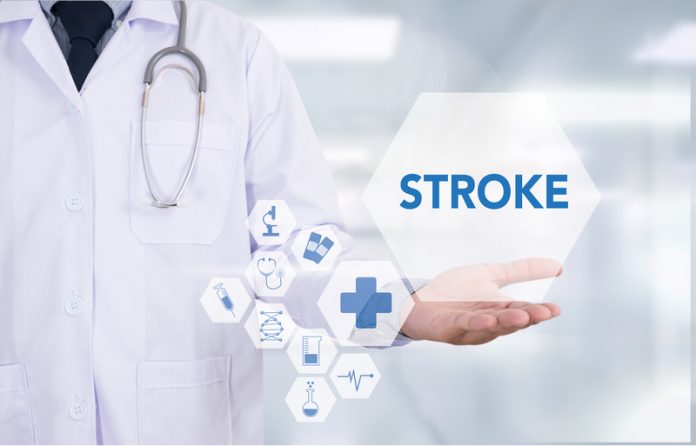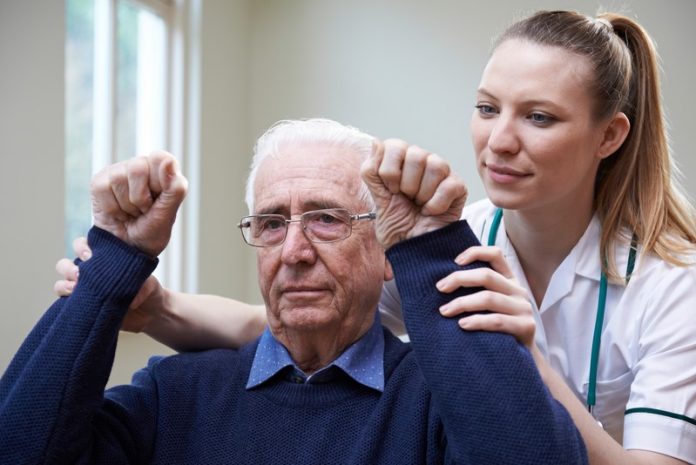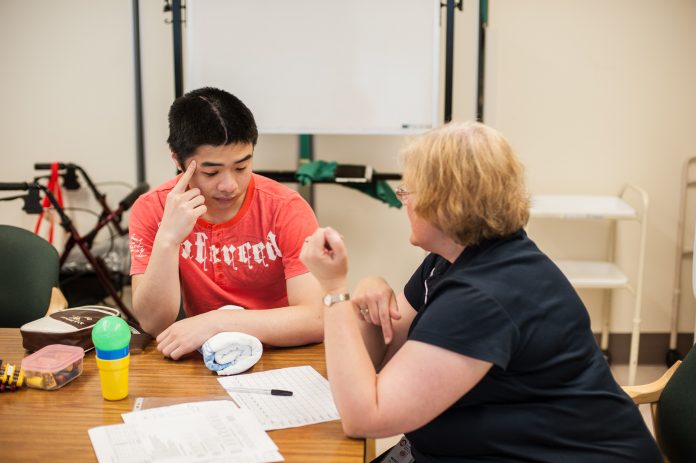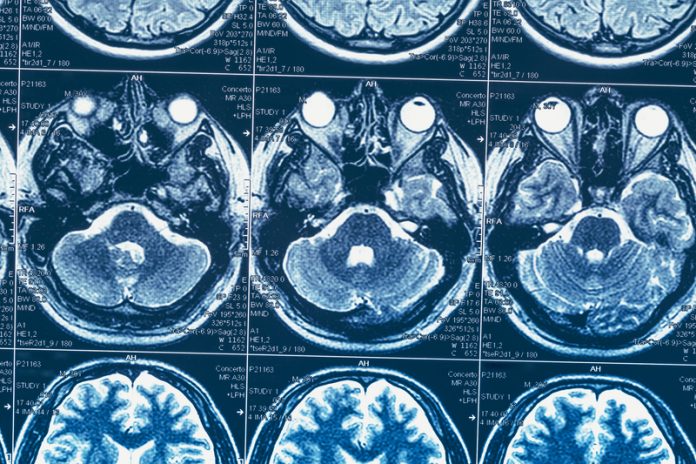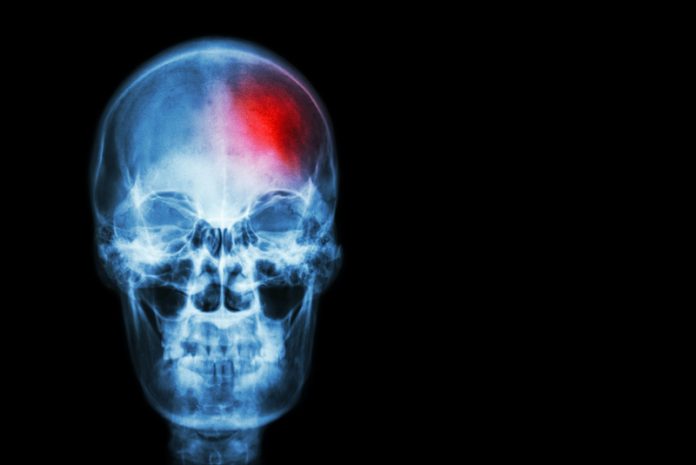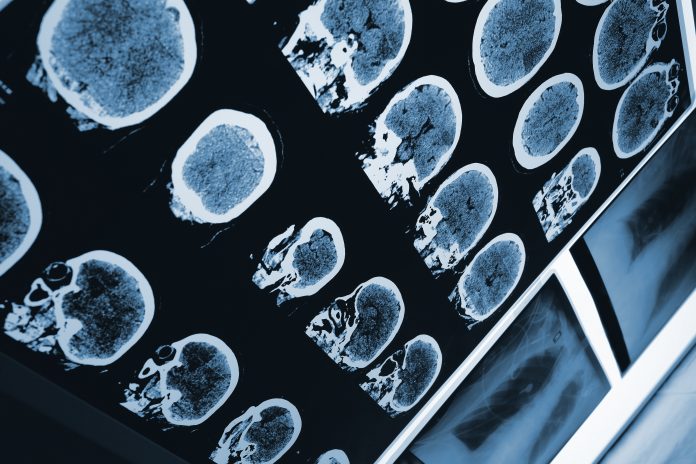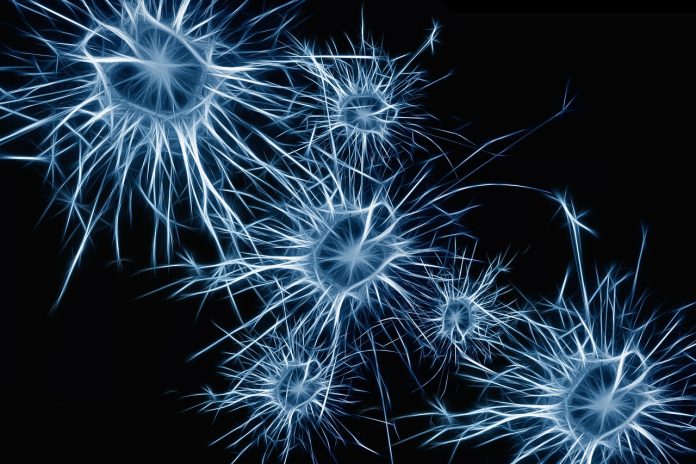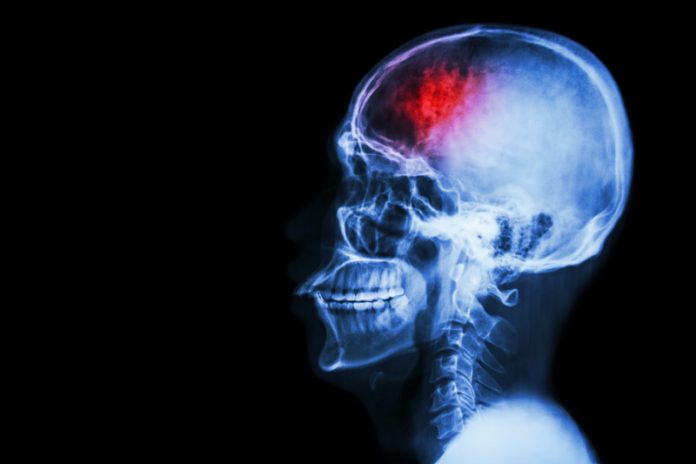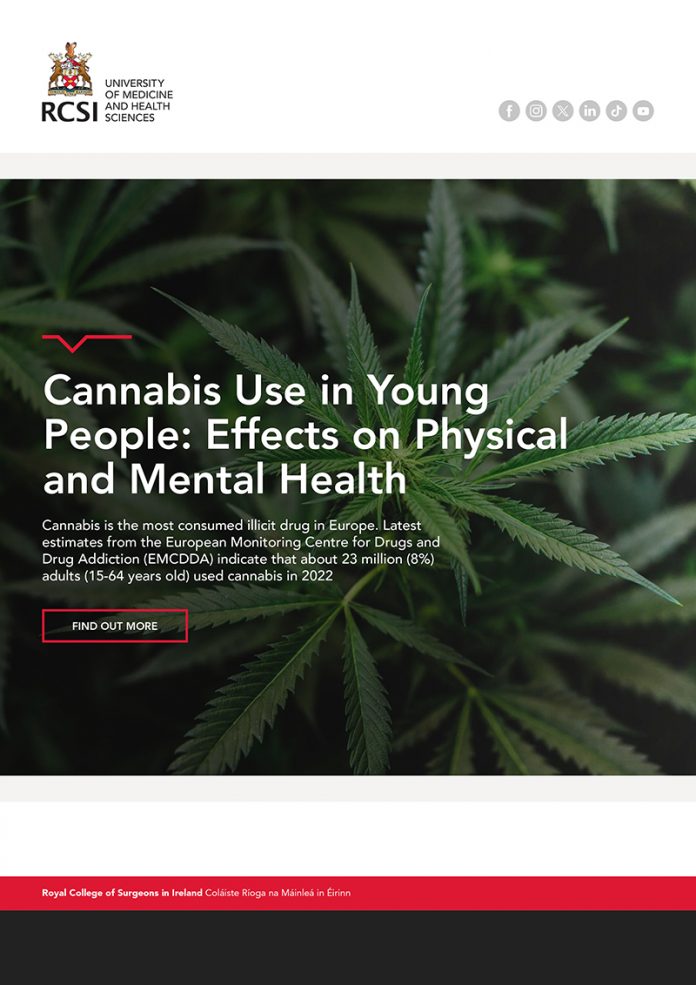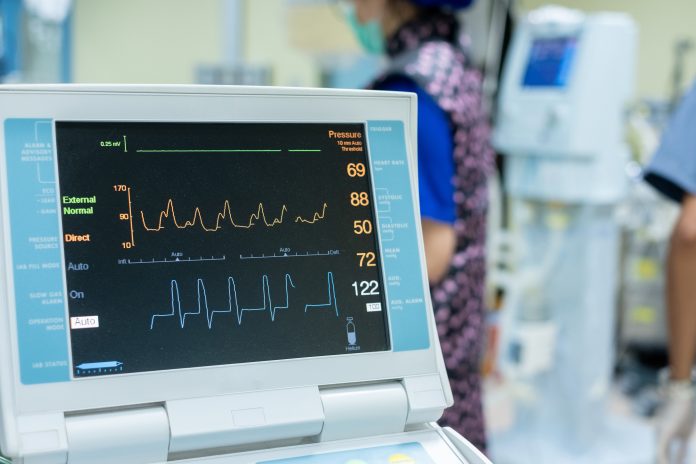Home Search
stroke - search results
If you're not happy with the results, please do another search
Reducing the burden of neurological disease: A focus on stroke research
Open Access Government looks at the wider work of The National Institute of Neurological Disorders and Stroke in the U.S. when it comes to reducing the burden of neurological disease and how they are supporting stroke research
Mediterranean-style diet may lower women’s stroke risk
Following a Mediterranean-style diet may reduce stroke risk in women over 40 but not in men – according to new research led by the University of East Anglia
Heart Age Test gives early warning of heart attack and stroke
Public Health England (PHE) is calling for adults to take a free, online Heart Age Test, which will provide an immediate estimation of their 'heart age' to help prevent heart attacks and strokes
Understanding stroke in the UK
Esmee Russell from the Stroke Association reveals the extent of stroke as a major health issue in the UK today
The impact of stroke
Australian Stroke Foundation details the impact that a stroke can have on people of all ages plus how it can be prevented and treated
New research of the eye could alter the way stroke patients are assessed and...
Research into curious bright spots in the eyes on stroke patients’ brain images could one day alter the way they are assessed and treated
A team of scientists at the National Institutes of Health found that a chemical routinely given to stroke patients undergoing brain scans can leak into their...
New figures show larger proportion of strokes in the middle-aged
Statistics released by Public Health England have found that over a third of first-time strokes happen in middle-aged adults
In England, one in six people will have a stroke in their lifetime, and new statistics released by Public Health England (PHE) show that 57,000 people had their first-time stroke in 2016.
It...
New approach to preventing heart attacks and strokes announced
A new drive from the NHS and Public Health England (PHE) to help prevent heart attacks and strokes has been announced today
The impact of stroke in young people
Jukka Putaala from the European Stroke Organisation outlines the effects of stroke in young people compared to stroke in the older generation
Shining a light on brain functionality after stroke
Professor Saverio Pavone, of the European Laboratory for Non Linear Spectroscopy and Department of Physics highlights the latest advances in stroke research
Improvements in stroke care, awareness and early detection
Frederic Destrebecq, Vinciane Quoidbach and Alison Turner at the European Brain Council discuss improvements in stroke care, awareness-raising and early detection
Stroke is a leading cause of disability and mortality among adults. It is the third cause of death worldwide and the first cause of acquired disability.1 Despite improvements in...
Spontaneous brain plasticity brings hope after stroke
Stroke is a major cause of morbidity and mortality worldwide, but research into spontaneous brain plasticity could offer hope for recovery
Among the main causes of brain injury, ischemic or haemorrhagic stroke burdens the life of hundreds of thousands of people each year. Approximately half of the survivors are susceptible...
Stroke and neuroplasticity: A multiscale insight
After a stroke, neuroplasticity contributes to spontaneous recovery; exactly how, Professor Francesco Pavone and colleagues are investigating
Cerebral stroke often leaves victims with significant psychical and physical impairments – from vision problems to aphasia and motor deficits. It is the number one cause of adult disability worldwide, and have a...
Algorithm “DPTM” for continuous authentication with behavioural biometrics
Takeshi Yamada, Professor from Daiichi Institute of Technology, describes the algorithm “DPTM” for continuous authentication with behavioural biometrics, beginning with the current device security outlook.
Cannabis use in young people: Effects on physical and mental health
Cannabis is the most consumed illicit drug in Europe. Latest estimates from the European Monitoring Centre for Drugs and Drug Addiction (EMCDDA) indicate that about 23 million (8%) adults (15-64 years old) used cannabis in 2022
Is the Disposable Vape ban saving the NHS from another health epidemic?
While we have not yet seen the full health impact of continuous vape usage, the new UK Disposable Vape Ban may be a welcome first step in limiting the impact of what many believe could have become the next health crisis.
Parkinson’s management: Living with the fastest-growing neurological condition in the world
We spoke with Parkinson’s UK, an organisation dedicated to funding important research and supporting those affected by Parkinson’s, about the prevalence, impact, and management of the condition.
The future of AVS, dizziness, and vertigo in emergency departments: Part II. Policy innovations...
In the second article of this five-part series, Dr Millie Nakatsuka discusses the barriers that contribute to the overuse of neuroimaging associated with the diagnosis of acute vestibular syndrome and proposes systemic reform.
Why do we sweat?
Humans possess 2-4 million sweat glands and these produce 2-4 L of sweat per day. During exercise, sweating can increase to 3-4 L per hour. But despite sweating being such a common bodily function, many of us know little about it.
The Importance of early cardiac screening for young people
Drawing on the charity’s work, Dr Steven Cox, Chief Executive of Cardiac Risk in the Young (CRY), explains why the UK Government must re-think its approach to specialist cardiac screening to reduce mortality among young people with conditions that can cause sudden cardiac death.


